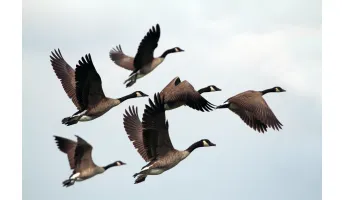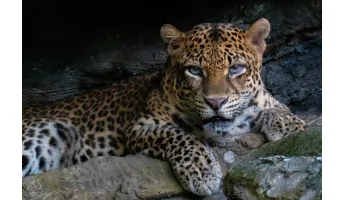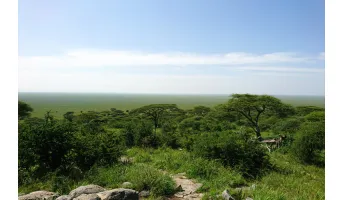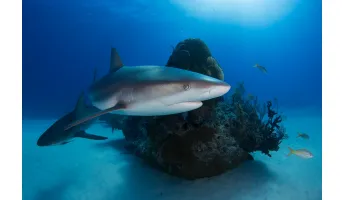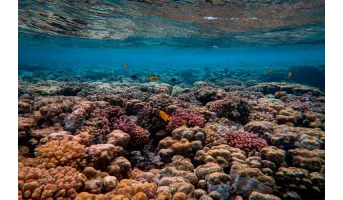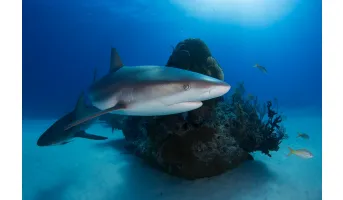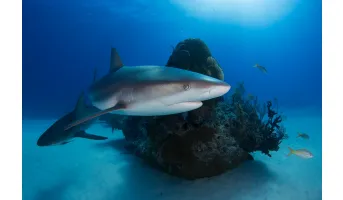![]()
Goal 14: Life below water
Conserve and sustainably use the oceans, seas and marine resources
Advancing the sustainable use and conservation of the oceans continues to require effective strategies and management to combat the adverse effects of overfishing, growing ocean acidification and worsening coastal eutrophication. The expansion of protected areas for marine biodiversity, intensification of research capacity and increases in ocean science funding remain critically important to preserve marine resources.




